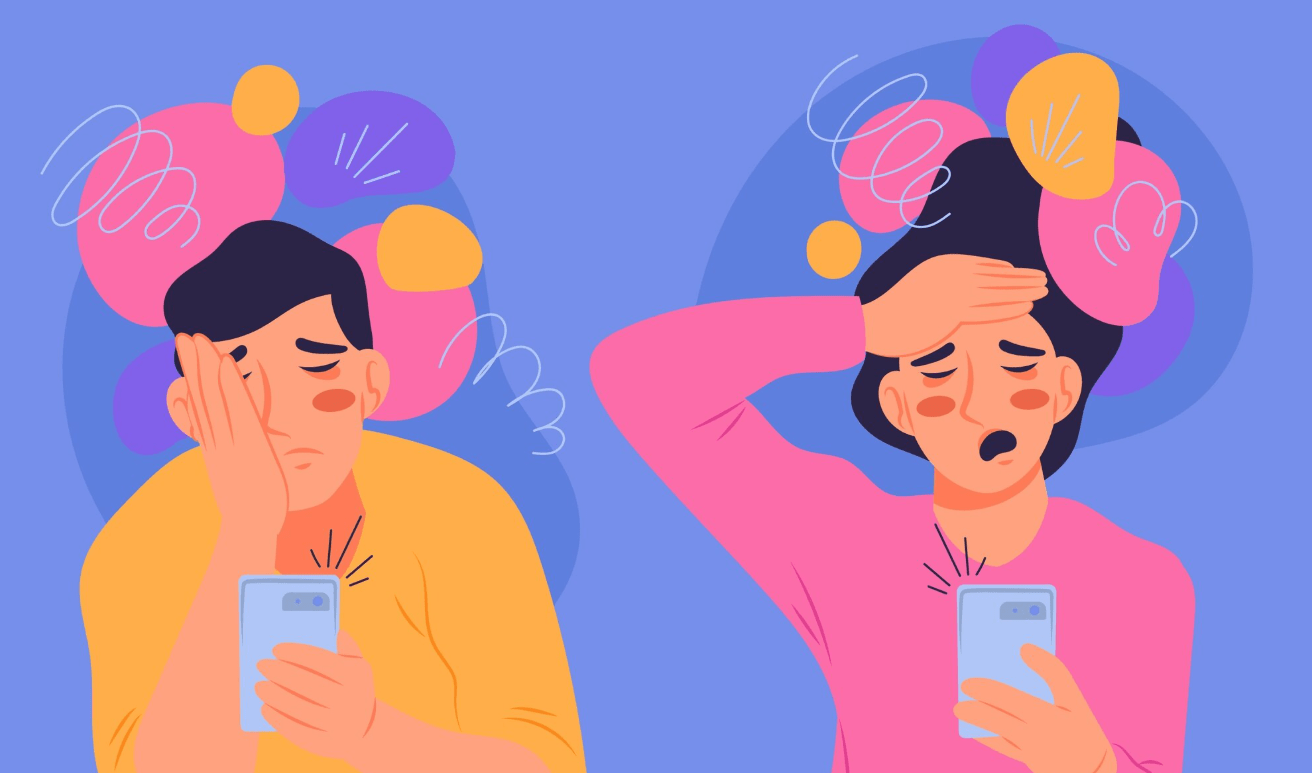What do doctors recommend for brain fog?

Brain fog is one of those frustrating things that makes you feel slow, forgetful, and mentally cloudy. You might find yourself staring at a page without understanding it, forgetting simple tasks, or struggling to focus on work. If this sounds familiar, you’re not alone.
Doctors deal with brain fog all the time. While the causes can vary from stress and poor sleep to medical conditions, there are practical ways to clear the cloud and regain focus.
This article covers what doctors typically recommend and how you can start improving your mental clarity today, including tools like Moadly for daily brain training.
Understanding Brain Fog
Brain fog is not a disease itself, but a symptom of something else going on. It can be caused by:
- Lack of sleep or poor-quality sleep
- Stress and anxiety
- Poor diet or dehydration
- Hormonal changes or imbalances
- Medical conditions like thyroid issues, diabetes, or infections
- Medication side effects
Recognizing the underlying cause is key to clearing brain fog effectively.

Common Symptoms of Brain Fog
Doctors often look for patterns. Typical signs include:
- Difficulty concentrating or focusing
- Memory lapses, forgetting names, dates, or tasks
- Slower thinking or processing information
- Mental fatigue or low motivation
- Confusion or disorientation
- Feeling “spaced out” or mentally clouded
Doctor-Recommended Lifestyle Changes
Most doctors agree that lifestyle is the first line of defense against brain fog. Here’s what they recommend:
1. Prioritize Sleep
- Get 7–9 hours of quality sleep every night
- Keep a consistent sleep schedule
- Limit screens before bed to improve rest
2. Manage Stress
- Meditation, breathing exercises, or yoga
- Regular breaks during work or study
- Relaxation activities and social time
3. Improve Nutrition
- Eat omega-3 rich foods like fish, walnuts, and chia seeds
- Include antioxidants from berries, dark chocolate, and leafy greens
- Stay hydrated throughout the day
- Limit processed foods and excess sugar
4. Exercise Regularly
- Even a daily 20–30 minute walk improves blood flow to the brain
- Strength training or yoga enhances cognitive function
- Fun activities like dancing, swimming, or sports work too
Brain Training as a Doctor-Recommended Tool
Doctors often suggest mental exercises to improve focus, memory, and problem-solving. Regular cognitive challenges can help your brain recover from fog and stay sharp.
| Brain Skill | Recommended Activities | Example |
|---|---|---|
| Memory | Recall exercises, matching games | Moadly Memory Match |
| Focus | Timed attention tasks | Moadly Focus Flash |
| Logic | Puzzles, problem-solving challenges | Moadly Logic Grids |
| Numerical reasoning | Mental math exercises | Moadly Quick Math |
Even short daily sessions of 10–15 minutes can help reduce brain fog and improve mental clarity. Doctors recommend consistency over duration, regular short workouts are better than occasional long sessions.

Supplements and Medical Interventions
Sometimes diet alone isn’t enough. Doctors might suggest:
- Omega-3 supplements for memory and focus
- B-vitamins for energy metabolism in the brain
- Vitamin D for mood and cognition
- Magnesium for relaxation and stress reduction
Always consult your doctor before starting new supplements.
Hydration and Brain Fog
Dehydration is a major contributor to mental cloudiness. Doctors often recommend:
- Drinking water regularly throughout the day
- Including water-rich foods like fruits and vegetables
- Limiting caffeine and alcohol, which can dehydrate
Tracking Brain Fog
Doctors suggest monitoring symptoms to identify triggers and improvements. Tips:
- Keep a journal of sleep, meals, exercise, and mental clarity
- Track focus and memory using brain training apps like Moadly
- Notice patterns: which habits clear fog fastest
- Adjust lifestyle based on results
Sample Daily Routine to Beat Brain Fog
| Time | Activity |
|---|---|
| Morning | Drink water, healthy breakfast, 10-minute Moadly session |
| Midday | Walk, stretch, hydrate |
| Afternoon | Focused work or study block, short brain game break |
| Evening | Creative hobby, light meal, relax |
| Night | Sleep routine, no screens, brief journaling |
When Brain Fog Needs Medical Attention
Most brain fog is temporary, but sometimes it can signal something more serious. See a doctor if you experience:
- Sudden, significant cognitive decline
- Memory problems that affect daily tasks
- Disorientation, confusion, or trouble speaking
- Mood swings, anxiety, or depression with fog
- Persistent fatigue or brain fog despite lifestyle changes
Why Doctors Recommend Apps Like Moadly
Moadly is a practical tool for mental exercises that doctors often suggest:
- Quick games targeting memory, logic, focus, and math
- Short, daily sessions that are easy to stick to
- Progress tracking so you can see improvement over time
- Variety to keep your brain challegned and prevent plateaus
Daily brain training, combined with healthy habits, is one of the most efective ways to reduce fog and maintain mental clarity.
Final Thoughts
Doctors recommend a mix of lifestyle changes, mental exercises, and medical guidance to tackle brain fog. Key takeaways:
- Prioritize sleep and nutrition
- Exercise regularly and stay hydrated
- Manage stress effectively
- Challenge your brain daily with apps like Moadly
- Track progress and notice patterns
- Consult a doctor if fog is persistent or severe
Brain fog is frustrating, but it’s usually reversible. With the right habits, tools, and consistency, you can regain focus, memory, and mental clarity.
